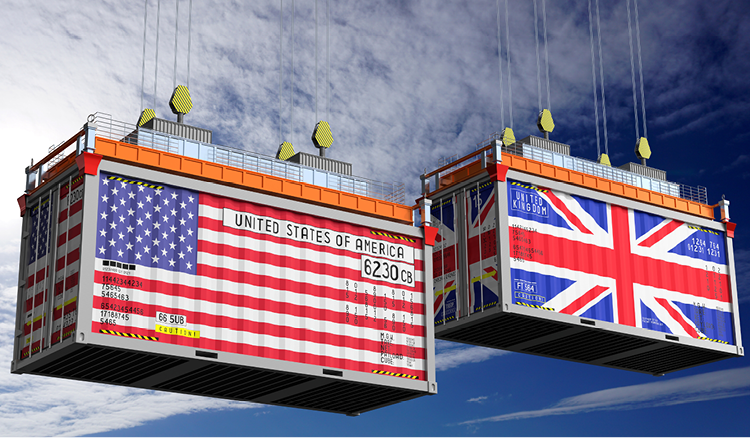A New Approach to the Labor Challenge

This article from the Dallas Morning News highlights how the labor shortage is slowing the Texas economy. This article, along with many other articles that have been published recently, describes how the lack of “skilled” labor in the workforce is preventing companies from growing. While there is no doubt that the low unemployment rates throughout the country indicate a lack of available labor, the question still remains…what do businesses really mean when they say, “we can’t find skilled labor?”
What does "skilled labor" mean?
We find that this phrase can mean two very different things in the blue-collar space. Does a company need a workforce trained in artisan skills (e.g., welding, carpentry, plumbing, etc.) or is the company really looking for workers that have their “company specific” training and knowledge? Most of the attention when discussing the skilled labor shortage from third-party organizations and the government seems to be focused on the “artisan” meaning of skilled labor. However, most of the friction in the economy seems to be around the “company specific” meaning. There are several challenges that arise from the conflation of these distinct issues:
- Wasted time and resources trying to get people quickly from zero to peak artisan tradesmen
- Lack of company accountability for addressing their company specific training problem
- Too many entry barriers created around both meanings
The Veryable solution

In the manufacturing sector, 90% of the work is learned through on-the-job training. Operational leaders know that skills such as warehousing, assembly, inspection, machine operation, etc. are not learned at trade schools, and that competent workers are able to learn these skills on-the-job, in real-time.
Given that reality, Veryable gives companies access to an “infinite” pool of competent workers, pushing the acquisition cost of labor to virtually zero. This allows companies the ability to let workers learn “company specific” skills on the job and puts the onus of “company specific” training back where it belongs– on the specific company.
How has Veryable been able to create an “infinite” pool of workers when the unemployment rate is so low? As discussed in one of our recent blogs (Hiding among the other 37%), we believe that approximately 25% of the population of capable workers in the U.S. choose not participate in the workforce. While there are many reasons that this occurs, a substantial amount of these capable workers make this choice due to personal constraints (e.g. schedule conflicts, lack of child care, retirement, perceived lack of marketable skills, enrollment in college, etc.). Veryable’s marketplace for on-demand labor is able to tap into this workforce because Veryable provides what these workers really want, flexibility and diversity of work. The on-demand model embeds the work-life balance that today’s workforce is demanding: the ability to work when you want to, where you want to, and with no long-term work obligations. It also allows workers to broaden their skills and marketability through exposure to many different types of work opportunities, while giving them access to real-time skills training.
Recommended approach
In this tight labor market, it is time for companies to quit bemoaning the lack of “skilled’ labor and assess their approach to labor and training. In doing so, many companies will likely find that their labor issues could be solved by a few slight modifications in company specific training processes, coupled with access to Veryable’s infinite supply of competent workers.
Previous Posts
Hope is Not a Strategy: Leadership in Modern Manufacturing & Distribution
The Future of Manufacturing and Logistics
Create a free business profile today to explore our platform.





